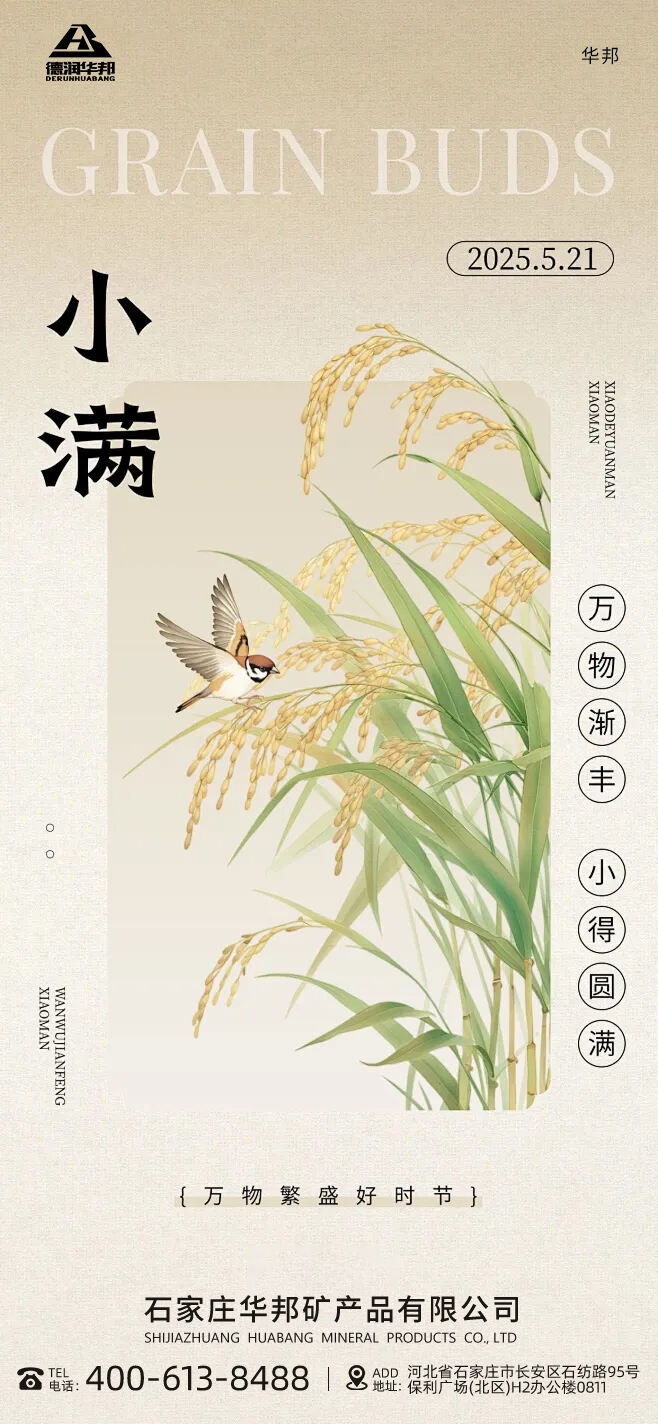In ancient times, Xiaoman was an important agricultural festival steeped in rich cultural significance. As the crops reached a stage of substantial growth but were yet to fully ripen, farmers saw it as a pivotal moment to assess the progress of their hard - work. They would adorn their villages with colorful banners and traditional decorations, creating a festive atmosphere. Families would come together to prepare special offerings, such as the first - grown grains, fruits, and vegetables, which were carefully arranged on ornate altars.
The ceremony to honor the gods of agriculture was a solemn affair. Elders would lead processions, chanting ancient incantations and prayers, while the younger generation would follow, carrying symbolic objects representing fertility and prosperity. These prayers were not just words; they were heartfelt pleas, expressing the farmers' deep connection to the land and their dependence on nature's bounty. This tradition continues today in many rural areas, where communities maintain a strong bond with their agricultural heritage. People gather in village squares or communal halls, sharing a sumptuous meal that features local delicacies. As they dine, they exchange stories of past harvests, passing down wisdom and tales from one generation to the next. The air is filled with laughter and gratitude, as everyone takes a moment to appreciate the land that sustains them.
Another fascinating custom associated with Xiaoman is the "tea - picking festival." During this time, the tea plants, nurtured by the gentle spring rains and warm sunshine, produce leaves that are at their prime. The tender buds and young leaves are not only visually appealing but also contain the perfect balance of nutrients and flavors. Skilled tea pickers, with their deft hands, carefully pluck the leaves, ensuring that only the finest are selected. This meticulous process is a testament to the artistry and dedication involved in tea production.
Tea lovers around the world eagerly anticipate this season. The freshly brewed Xiaoman tea is a sensory delight. Its smooth taste glides over the palate, leaving a lingering sweetness, while the refreshing aroma invigorates the senses, transporting one to the lush tea gardens where it was harvested. The preparation of Xiaoman tea is also a ritual in itself, with tea connoisseurs carefully measuring the leaves, heating the water to the perfect temperature, and steeping the tea for just the right amount of time to unlock its full potential.
 ×
×


